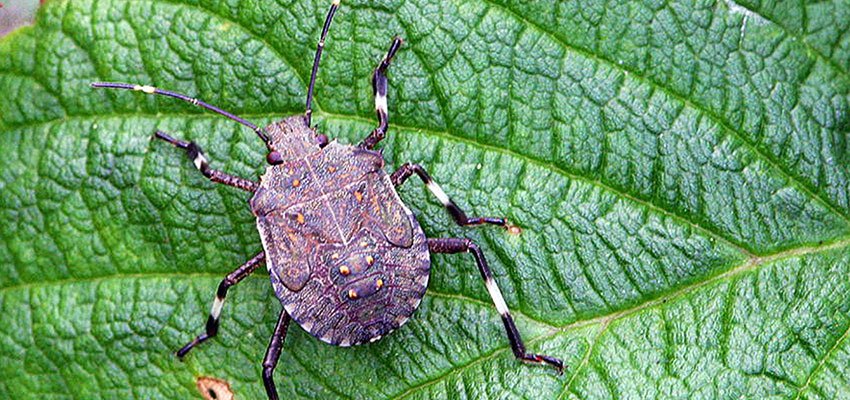A PUNISHING season for brown marmorated stink bugs has prompted calls for Australian regulatory change from one of the world’s biggest ro-ro operators.
Wallenius Wilhelmsen Ocean had ships turned away from Australia by federal authorities and has since lodged a submission to the Inspector-General of Biosecurity.
The submission is about the effectiveness of measures aimed at keeping out BMSB and notes a need for “urgent change”.
Key points from the submission are:
- There are significant gaps in present regulation that pose a major risk to Australia’s agricultural sector;
- There is an urgent need to change regulations;
- The Department of Agriculture and Water Resources needs to identify clearly all countries where BMSB are present as high risk and apply consistent regulation to all of them;
- Biosecurity regulation needs to be consistent between Australia and New Zealand;
- At-border inspections of cargo on board all vessels is needed, so authorities do not rely solely on carriers to report findings;
- When BMSB are found, clear and workable onshore and offshore treatment solutions are needed in Australia and New Zealand;
- Dysfunctional regulation has a significant effect on the Australian economy, with delays to essential imports;
- The responsibility for regulatory compliance and for providing clean cargo needs to rest specifically with cargo owners, in line with international practice.
WWO says it is “committed to maintaining the highest standards of biosecurity” and takes great care to inform customers about the regulations and, where treatment is required, only accepts cargo that is certified as treated.
“A primary reason why regulation is inadequate is that many countries are not identified as high risk despite being known BMSB sources,” WWO stated.
“These include numerous countries in Europe; for example, although France and Germany are categorised as high risk, Belgium is not.
“China, which genetic analysis indicates was the source of the introduction of BMSB into the USA, is not considered ‘high risk’. But stink bugs do not respect borders.”
WWO said industry wanted consistent regulation identifying all countries where BMSB were present as high risk.
“This will enable the industry to reduce BMSB contamination at the source and enforce appropriate treatment for cargo before shipping,” it stated.
“This will also increase confidence that cargo will be discharged at the destination port.”

